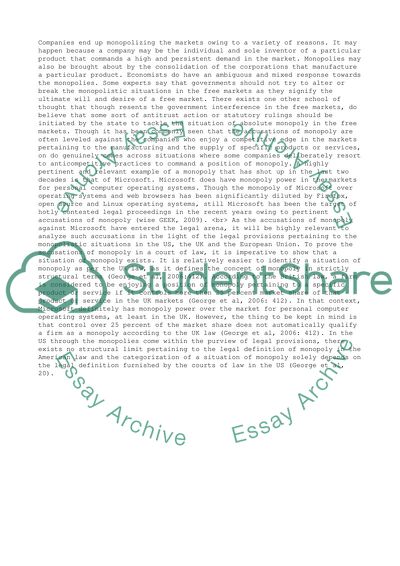Cite this document
(“Business and government Article Example | Topics and Well Written Essays - 2250 words”, n.d.)
Business and government Article Example | Topics and Well Written Essays - 2250 words. Retrieved from https://studentshare.org/business/1517287-business-and-government
Business and government Article Example | Topics and Well Written Essays - 2250 words. Retrieved from https://studentshare.org/business/1517287-business-and-government
(Business and Government Article Example | Topics and Well Written Essays - 2250 Words)
Business and Government Article Example | Topics and Well Written Essays - 2250 Words. https://studentshare.org/business/1517287-business-and-government.
Business and Government Article Example | Topics and Well Written Essays - 2250 Words. https://studentshare.org/business/1517287-business-and-government.
“Business and Government Article Example | Topics and Well Written Essays - 2250 Words”, n.d. https://studentshare.org/business/1517287-business-and-government.


